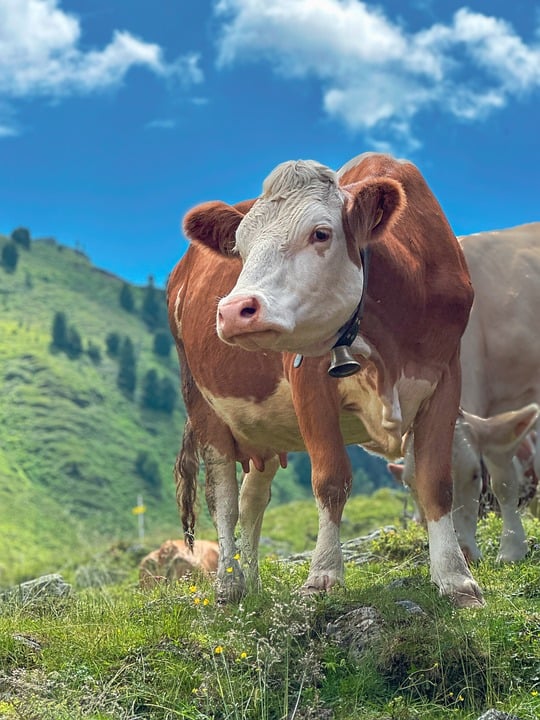[ad_1]
In a world as diverse and vibrant as ours, cultural customs play a vital role in shaping our identities and communities. From the joyous celebrations of weddings to the somber rituals of funerals, these customs reflect the values, beliefs, and traditions of different societies. Understanding and respecting these customs is not only essential for building bridges between cultures but also for appreciating the rich tapestry of human experience.
The Historical Context of Cultural Customs
Cultural customs have deep roots in history, often tracing back centuries or even millennia. They are shaped by a myriad of influences, including religion, geography, politics, and social dynamics. For example, the practice of arranged marriages in many cultures can be traced back to the need for strategic alliances and the preservation of family honor. Similarly, funeral traditions may vary based on religious beliefs or cultural attitudes towards death.
The Current State of Cultural Customs
In today’s interconnected world, cultural customs are constantly evolving and adapting to new realities. Globalization has led to the exchange of ideas and practices between cultures, leading to a blending of traditions and the creation of new customs. For example, modern weddings often incorporate elements from different cultures, reflecting the diverse backgrounds of the couple and their families.
Future Predictions for Cultural Customs
As we look towards the future, it is clear that cultural customs will continue to evolve in response to changing social, economic, and political trends. With the rise of social media and digital technology, customs are being shared and spread more quickly than ever before. This has the potential to both enrich and challenge traditional practices, as communities grapple with how to balance heritage with innovation.
Technical Specifications and Practical Applications
– Cultural customs are often deeply ingrained in everyday life, influencing everything from food and clothing to language and social interactions.
– Understanding these customs can help individuals navigate diverse social situations with sensitivity and respect.
– By learning about cultural customs, businesses can better connect with customers from different backgrounds and expand their global reach.
Expert Insights and Case Studies
According to cultural anthropologist Dr. Maria Rodriguez, “Cultural customs are a window into the soul of a society, revealing its values and aspirations.”
In a case study conducted by the International Institute of Cultural Studies, it was found that companies that embrace cultural diversity see higher levels of employee satisfaction and innovation.
Conclusion
In conclusion, cultural customs are a powerful expression of human creativity, resilience, and unity. By understanding and appreciating these customs, we can forge meaningful connections with others and foster a more inclusive and harmonious society. As we continue to navigate the complexities of a globalized world, let us remember the importance of cultural customs in shaping our identities and shaping our shared future. Thank you for joining us on this journey of exploration and discovery.
For further resources on cultural customs, we recommend checking out books such as “Cultural Intelligence” by Dr. David Thomas and “The Anthropology of Custom” by Dr. Susan Brown.
[ad_2]
